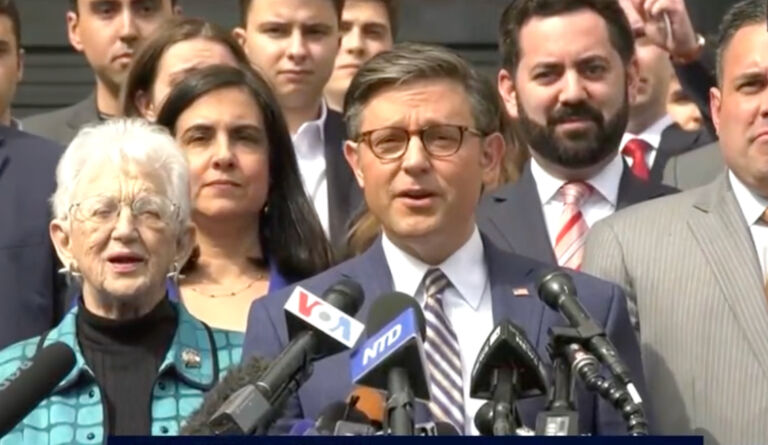North Carolina lawmakers considering tax reform for the Tar Heel State might want to turn their eyes toward the south to get some good ideas. The Tax Foundation’s Joseph Henchman offers this analysis of Louisiana Gov. Bobby Jindal‘s tax reform plan.
The plan, as a whole, is a major step toward creating a pro-growth tax system that can work for Louisiana. Corporate and individual income taxes are generally considered the most destructive taxes to economic growth, and both have a great deal of complexity and compliance costs associated with them. I’m no fan of the cigarette tax increase portion and despite being a lawyer I’m all for lawyers having to pay sales tax, but overall it’s a plan for a simple, stable, and modern tax system.
The highlights:
- Revenue neutral. Designed to raise as much revenue as the state does now, but through taxes that are less harmful to job creation and economic growth.
- Eliminates the state income tax. Despite a 6% rate on income over $50,000, Louisiana’s state and local governments get just 14 percent of their revenue from the tax—the third lowest reliance among the states with an income tax. It’s a change that Louisiana can achieve.
- Eliminates the corporate income tax and the franchise tax. The state gets only about 2 percent of its revenue from the corporate income tax, so again not much reliance there. Franchise taxes are taxes on investment and capital accumulation and are widely recognized as destructive to economic growth.
- Broadens the sales tax base and raises the state tax rate from 4.0 percent to 5.88 percent. (Including local sales tax; for example, the New Orleans sales tax will be about 10.9 percent, up from the current 9 percent.) The sales tax base would be expanded to many personal and professional services. Among the items remaining exempt are food for home consumption, utilities, prescription drugs, fuel, manufacturing machinery and equipment, farm and agricultural inputs, leases and rentals, trade-in value for new vehicle purchases, historical structure rehabilitation, non-profit organizations, government purchases, healthcare, education, construction, real estate, financial services, legal services, oil and gas services, funerals, and advertising. Additionally, any service providers with revenue under $10,000 per year are exempt.
Click here for more details.


